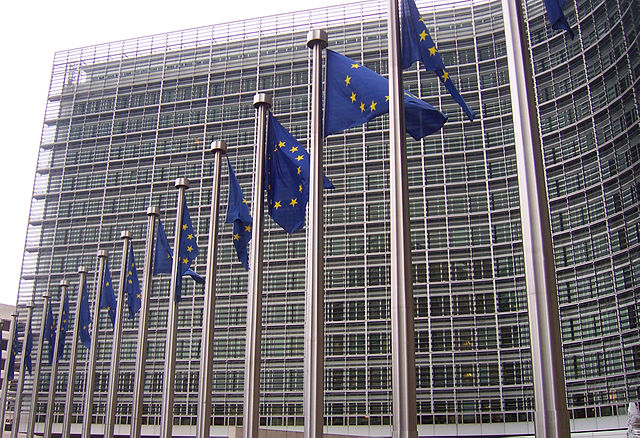 The Arab world is where the EU should make its influence felt. Thanks to its growing energy independence America may one day feel less burdened by the region. Not so Europe: the Middle East is next door. France and Britain took the lead in Libya (with much American help). . . .
The Arab world is where the EU should make its influence felt. Thanks to its growing energy independence America may one day feel less burdened by the region. Not so Europe: the Middle East is next door. France and Britain took the lead in Libya (with much American help). . . .
When the Arab spring began in 2010, the EU thought it had something special to offer: its experience of helping the democratisation of eastern Europe. Its strategy was based on the “three Ms” of money, markets and mobility and a principle known as “more for more”. The more Arab countries democratised, the more Europe would support them financially, open its market and facilitate visas for students, businessmen and workers. Two years on, only Morocco has started negotiating a “deep and comprehensive” free-trade deal with the EU.
The European offer is also less generous than advertised. In the midst of its economic crisis, the EU has little money to offer, southern members want to keep out cheap agricultural imports and nobody wants more migrants from poor countries. The states of eastern Europe were driven by their hopes of joining the club. No such prospect is open to southern neighbours. To some in the Arab world, the EU’s conditionality is an affront not an incentive, especially when the likes of Saudi Arabia and Qatar are offering far more money with fewer strings attached. . . .
Too often the EU’s highest ambition is to speak with “a single voice”, even if only to issue a mouse-like squeak. And yet the world still cares something for what the Europeans say and do. The Americans turn to Europe when they need friends (Mr Kerry flew to Vilnius to lobby EU ministers). Syria’s Bashar al-Assad busily woos European opinion to try to avert military strikes. The Israeli foreign ministry has conducted an internal inquiry to find out who failed to spot the EU’s new guidelines. Egypt’s factions still want the Europeans on their side.
Why? The EU has the biggest single market and its sanctions can have real bite, as in Iran. The EU, as a club of democracies, is also a court of international opinion. Though some members are former colonial powers (France and Britain carved up the Middle East), the EU collectively is less antagonising. In short, Europe still matters: so it should stand tough on the use of chemical weapons. After all, it is just a short drive from Brussels to the battlefields of Ypres and the horrors of poison gas.
Image: The EU has the biggest single market and its sanctions can have real bite (photo: Amio Cajander/Wikipedia)
